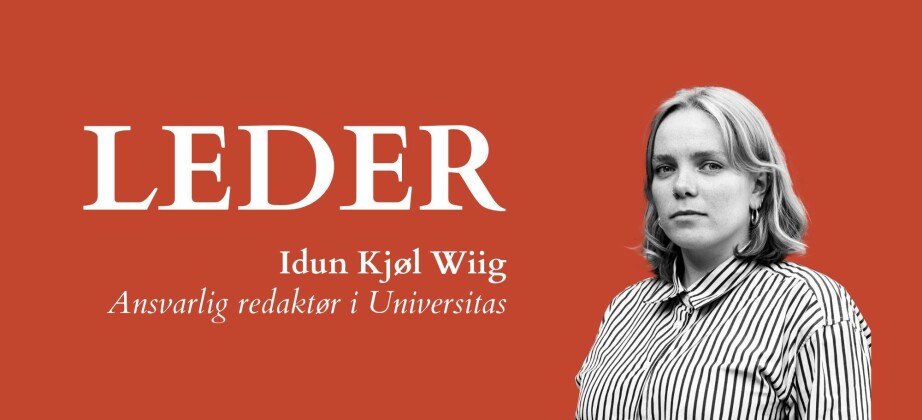
– Give us something we can do together!
A Blindern-initiated conference is going to help universities in former Yugoslavia to find their way back to co-operation.
- Many of these professors and deans have not been in touch with each other for the past 15 years. Professor of Slavonic languages at UiO Svein Mønnesland
Despite the scarce population of some 100,000 inhabitants, Mostar in Bosnia-Herzegovina has two different universities; one Croatian and one Bosnian. The physical borders have been removed. People can move freely through the city. However, there is little contact between the two universities.
– We can go to them, and they can come to us. But few people take on the possibility. They are like two different cities, Josipa-Violeta Kalfic says who is a student at the Croatian university in Mostar.
This weekend, Kalfic joined representatives from universities all over former Yugoslavia at a conference named «The Bologna process and student democracy» in Ljubjana, Slovenia. In addition to the Mostar universities, students and professors from Zagreb, Novi Sad, Nis, Sarajevo, Pristina and Ljubjana gathered. The University of Oslo (UiO) organised the conference and participated with ten students and four employees.
Academics Polity
Such a conference is absolutely not without its problems even though the war is over, and the journalists have left the area a long time ago.
– Many of these professors and deans have not been in touch with each other for the past 15 years. This is why a neutral ground such as this is ever-so-important, professor of Slavonic languages at UiO and first speaker at the conference Svein Mønnesland says.
According to Inge Øystein Moen, Faculty Director at the Faculty of Humanities (HF) and leader of the conference, there are two primary objectives with this conference:
– We wish to stimulate co-operation among representatives from the various regions, and we hope to exchange ideas and experiences following the work put into the implementation of the Bologna process.
War and Ethnic Cleansing
The Balkan conflict has set its mark on the world since the demise of the Communist regime in Yugoslavia began in the late 80s. The area is a conglomeration of various nationalities and minorities. Drawing up the borders between Croatia, Bosnia-Herzegovina and Serbia has basically been the core issue. Which people has a historical right to claim which area? Open war has been upon them for long periods of time. Injustice and genocide have been used as means of warfare by all parts. The war in Bosnia in the early 90s left more than 100,000 dead, only ten per cent military casualties.
There are still considerable political tensions in the region such as the unsolved conflicts in Bosnia and Kosovo. This all makes co-operation difficult, but perhaps the greatest challenge still lies with the universities.
– Professional subject matter is still very political. History is seen from a viewpoint of national interests. Literary modules are mainly focused on national literature, Mønnesland explains.
Creating Common Ground
In Mostar, there is fortunately an indication of a change for the better. International affairs officer with the Bosnian university Edina Spago-Cumuija works towards developing a co-operation between the two universities:
– The idea is to create a common and permanent centre for both universities, she explains. A provisional centre will officially open in November.
Paula Pranijic, student at the Croatian university, agrees that meeting places should be developed. However, she is uncertain whether more seminars would be the best solution:
– I am so angry. At home, in Mostar, democracy has been trivialised. Just another seminar on democracy is what people think, right? We should rather work with something tangible, something in common; welfare or maintenance services, anything! Give us something we can do together!
































